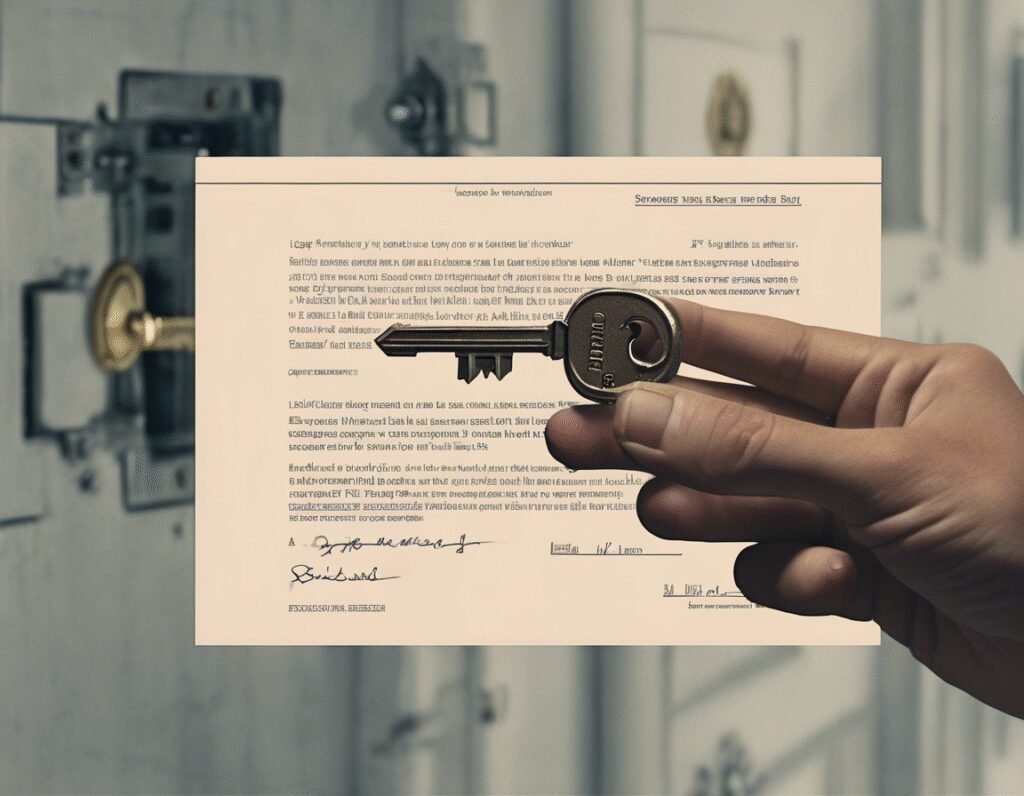Can You Split a Private Key? Managing Crypto Ownership in Divorce
Private keys are the backbone of cryptocurrency ownership, granting full control over digital assets. But what happens when ownership needs to be shared, such as during a divorce? While you cannot physically split a private key in half, there are secure legal and technical solutions to divide or share access to crypto holdings.
Understanding Private Keys
A private key is a unique cryptographic code that allows users to access and manage their cryptocurrency. Unlike a password, it cannot be reset or recovered if lost. This makes sharing or dividing control of crypto assets more complex, especially in situations like divorce where ownership disputes may arise.
Legal Approaches to Dividing Crypto
In divorce cases, cryptocurrencies are treated as marital property in many jurisdictions. Courts may order the division of crypto assets, but enforcing this requires careful handling to avoid security risks. Here are some legal methods to address this:
1. Voluntary Transfer: One spouse can agree to transfer a portion of the crypto assets to the other’s wallet. This is the simplest method but requires trust and cooperation.
2. Court-Ordered Sale: If mutual agreement isn’t possible, a court may order the sale of the crypto, with proceeds divided between both parties.
3. Mediated Agreements: Couples can work with mediators or legal professionals to draft a binding agreement on how to split crypto assets fairly.
Technical Solutions for Shared Control
For those who prefer a technical approach, several methods allow secure sharing of crypto access without exposing the full private key:
1. Multi-Signature Wallets: These wallets require multiple private keys to authorize transactions. Spouses can each hold a key, ensuring neither can move funds unilaterally.
2. Shamir’s Secret Sharing: This cryptographic method splits a private key into multiple parts, requiring a subset of them to reconstruct the original key. It allows for secure distribution without any single person holding full access.
3. Custodial Services: Third-party custodians can hold crypto assets in escrow, releasing them according to agreed terms. This adds a layer of oversight but requires trust in the custodian.
Best Practices for Handling Crypto in Divorce
To avoid disputes or security breaches, consider the following steps:
– Document all crypto holdings transparently.
– Use secure methods like multi-signature wallets for shared assets.
– Consult legal professionals familiar with crypto laws in your jurisdiction.
– Avoid sharing full private keys directly, as this compromises security.
Final Thoughts
While splitting a private key isn’t feasible, legal and technical solutions exist to manage shared ownership of crypto assets. Whether through court orders, multi-signature wallets, or mediation, couples can find fair and secure ways to divide digital wealth during divorce. Proper planning and professional guidance are key to ensuring a smooth and conflict-free process.

